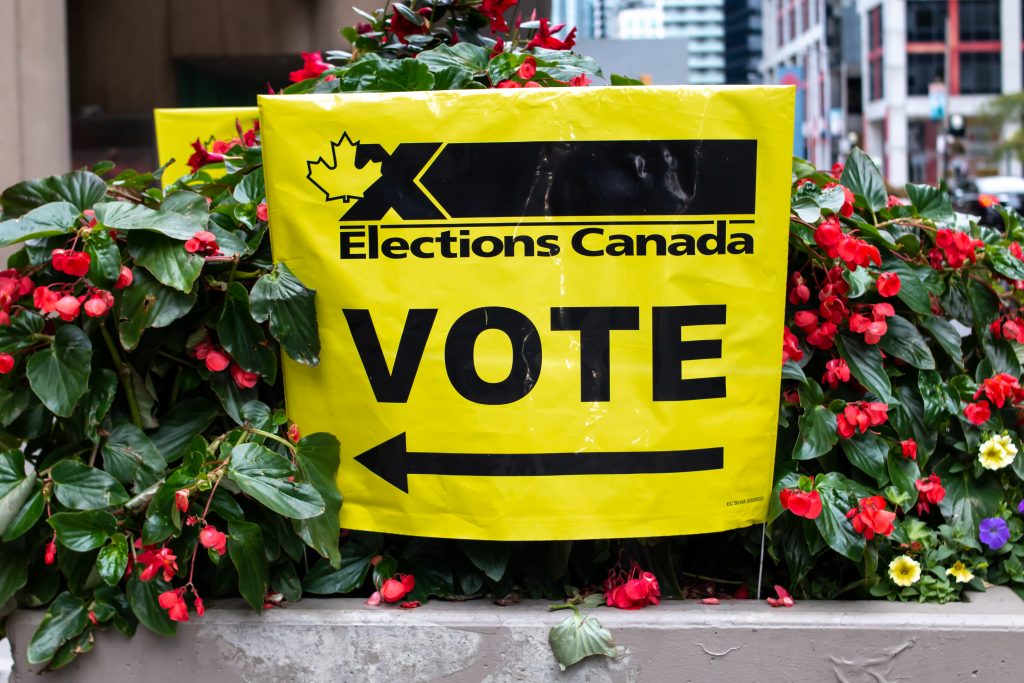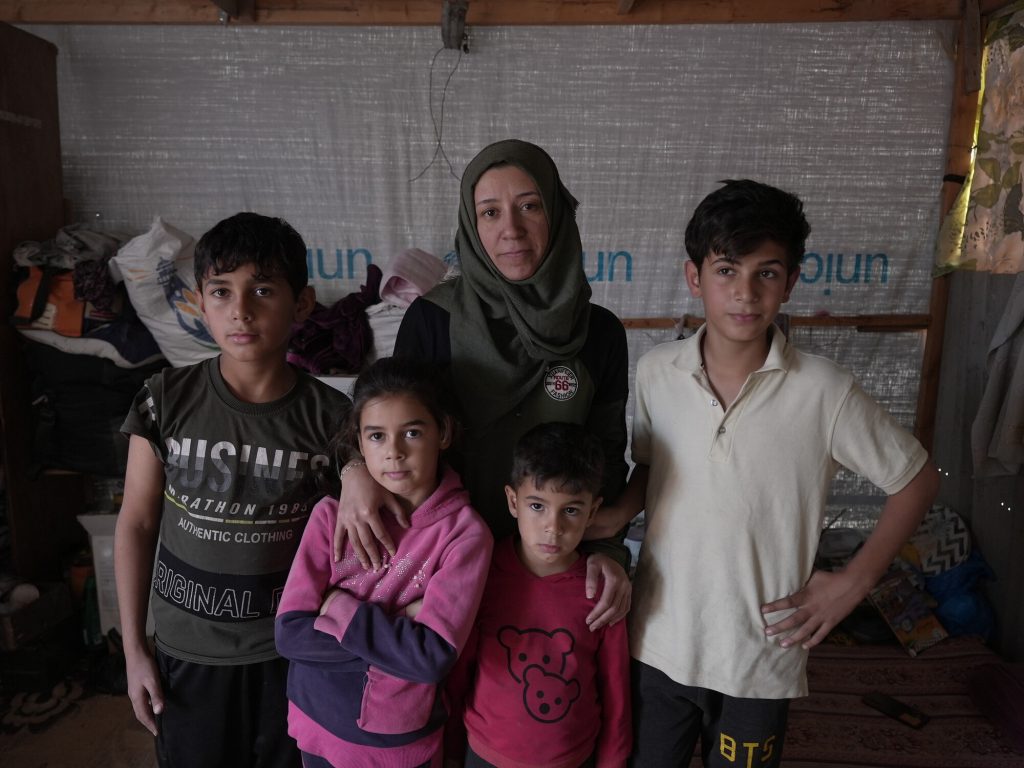Raising her voice: making women’s invisibility, visible
by Emily Brown, Oxfam Great Britain
Have you ever felt like no one is listening to you? Do you think it’s fair? No, Oxfam doesn’t either…
And that’s why Raising Her Voice, Oxfam’s global program of work to support women’s political voice, participation and leadership has been changing this so that for millions of women worldwide, when it comes to taking decisions, they have as much say as the next person.
Watch our 87 second animation (by Cognitive, the creative geniuses behind the RSA Animate series) showing not only why it’s a good thing for women to have an equal say in decision making, but that it really is possible.
Women produce over half of the world’s food, work two-thirds of the world’s working hours and take home just one tenth of the world’s income. This global inequality is rooted in the fundamental absence of women’s equal and meaningful voice in decision making in homes, neighborhoods, courtrooms, Parliaments and boardrooms worldwide.
Globally, women make up nearly 50% of the population but only 21% of parliamentarians. Until recently, for example, there were more men called David and Nick in the British government than women! In local councils, our representation globally is significantly lower. Just over 3% of candidates contesting parliamentary seats in Pakistan’s 2013 elections, for example, were women and in many countries we are still prevented by families and traditional leaders from even registering to vote.
The result of this silence – women’s invisibility – is skewed decisions, laws and policies that fail to recognise the diversity of women’s specific needs, experiences, and priorities.
In homes around the world this may mean that women have no say in deciding how family income is spent, the age at which they marry or when and if they have children. The World Health Organisation estimates that as a result there are 222 million women in the world who want to prevent pregnancies but can’t, resulting in 30 million unplanned births and 20 million unsafe abortions every year.
The lack of women’s meaningful representation
In government policy and development planning spaces too, women’s absence from decision making tables can have similarly disastrous consequences. Landmine clearance programmes for example have prioritised clearance zones without considering the local spaces women favour – routes to safe water, for example, over routes to community meeting spaces or sports fields.
Structurally too, a range of strong voices rallying behind transformative change for women really matters. For example, recent efforts by women’s movements in Nigeria and Mozambique to repeal Constitutional clauses that have terrible implications for the rights of women and girls have stalled on the rocks of political tensions heightened by looming elections in both countries.
Oxfam supporting women
Raising Her Voice was Oxfam’s first global program to support women’s political voice, participation and leadership. It worked by supporting thoughtful collective activism and leadership so that for millions of women worldwide, when it comes to taking decisions, they have as much say as the next person.
When women are in these decision making spaces, able to make their voices heard and ensure that the diversity of our race, class, age and capabilities are represented, the results are powerful.
Whether it’s the Working Group of Feminists Economists formally advising the Indian government on its 2007-2012 Five Year Plan, to sex strikes in Liberia calling for an end to 13 years of civil war or women in Mozambique, Uganda and Pakistan telling MPs to “Vote for Domestic Violence Bills or we won’t vote for you…” women activists are increasingly aware of the powers women hold and are getting smarter and more confident in how to use them.
Oxfam’s Raising Her Voice program set out to support women’s voices to be heard with greater confidence in political, public and private life.
Find out more about Raising Her Voice
Emily Brown is Oxfam Great Britain Gender and Governance Adviser.
This blog originally appeared at blogs.oxfam.org

